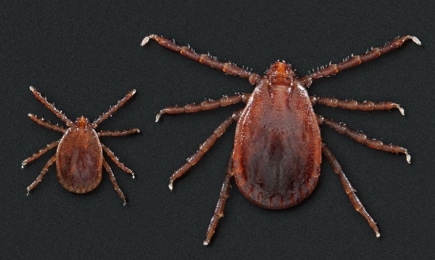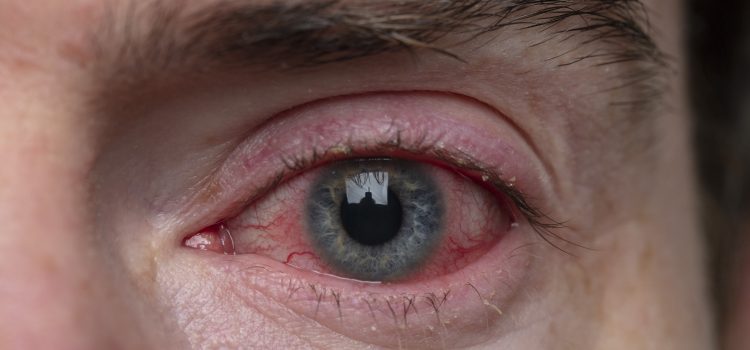JUCM News first alerted readers to rising cases of monkeypox in May. At the time, the news from around the world was more of an oddity than a cause for concern. The novelty has now worn off, however, as the World Health Organization just upgraded the status of monkeypox to an official global health emergency. As noted in The New York Times, the global caseload now exceeds 16,000 in 75 countries. This is a rare …
Read More









